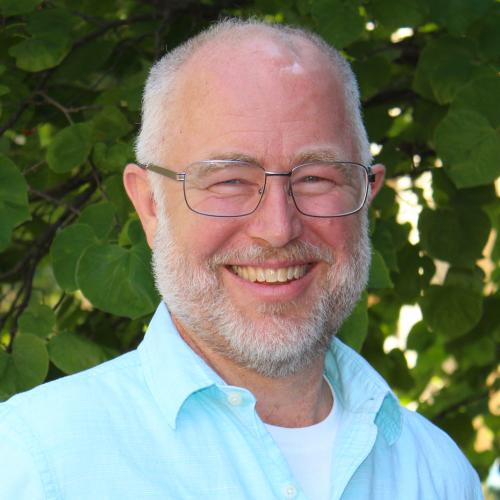Martin Wolske, GSLIS senior research scientist and lecturer, recently participated in an online question-and-answer feature with Library Journal as part of a larger series with annual winners of the LJ Teaching Award. Wolske was selected for this award in 2011.
The following excerpt addresses current challenges and issues in LIS education:
What do you see as the biggest challenge facing your current class of students?
Defining what it means to be an information professional in today’s knowledge society, to develop skills that support that role, and to set up and support lifelong learning as we unlearn today’s meaning and relearn tomorrow’s meaning.
What are the most important or urgent current issues in library education?
Job responsibilities for LIS graduates are rapidly changing—how do we prepare students for these new roles?
Increasing our student-centered educational opportunities through well-crafted service learning, practicum, internship, and alternative break opportunities.
Developing concepts surrounding information technology that not only help students understand today’s technology but to be able to assess, adapt, and utilize whatever emerges tomorrow. As important as it is to provide students with an awareness of and practice with the strategies, opportunities, and challenges of applying technology in community.
Technology is not neutral but has political qualities. How do we help our students to become more critically aware of the impacts of technology and to develop their agency for developing and championing technology tools that lead towards the building of a more just society?
Recruiting a more diverse student body and adapting curricula to reflect the more diverse populations served by libraries. But also acknowledging and challenging the white privilege that has been at the core of librarianship throughout its history and is a barrier to fully realizing the library’s potential.
Above all I believe that we need to help our students develop new models and skills for engagement. The engagement needs to move beyond multiculturalism that spices up the existing ways of doing things with novel food, music, and such. Instead, it needs how to engage across difference to seek out innovative approaches that challenge not only how we do things but also how we define and measure success. How do we truly become more inclusive?
For Wolske's answers to additional questions, please read Library Journal's online feature, which is sponsored by ProQuest.
